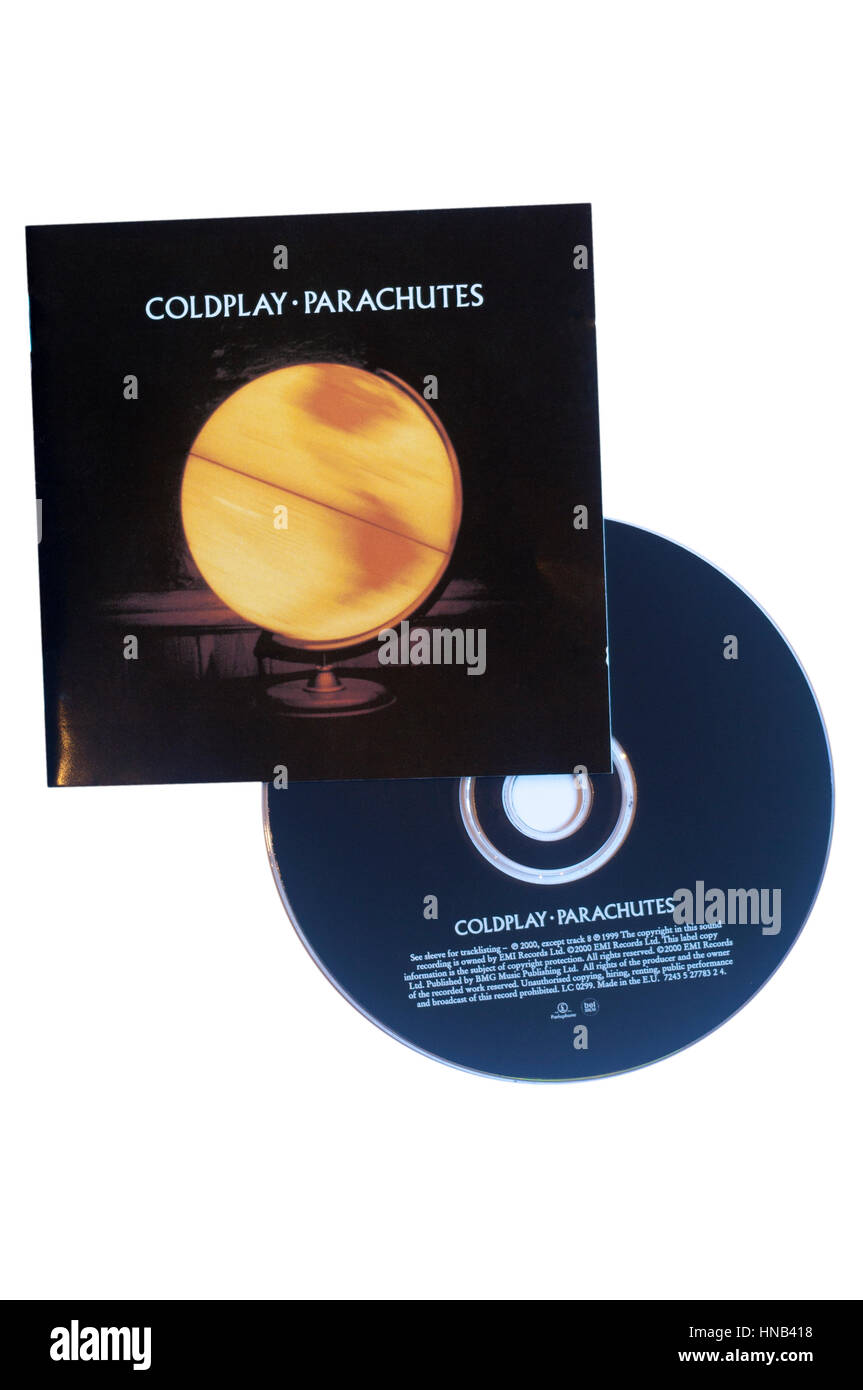

I can only assume that drummer Will Champion has freakishly long arms to reach such a distant snare drum. Positioned precariously atop Chris Martin’s head, and recorded in a toilet, it pierces right through the centre of the skull for four minutes, twanging away in an off-key offensive. The elephant in the room is “Yellow”, a staple Coldplay track and probably the most memorable single from this album, its central lyrical content boils down to little aside from vague positivity and good feeling and its instrumental mirrors it, just sounding ‘nice.’ My irrational issue with the track, however, is the snare. “Trouble” joins with a, now familiar, Coldplay piano riff, breaking up an otherwise guitar-laden album. “Sparks” meanwhile is a warm, hugging love song, using Chris Martin’s laidback, delicate vocal style to its advantage. The front half of the tracklist is filled with hooks, with “Shiver” providing a particularly satisfying set of twinkly, rhythmic, raucous guitar lines throughout. Parachutes, however, has a lot going for it. Often touted as a lightweight tribute of some other post-Britpop band, they get a lot of heat for only being surface deep. I returned to Coldplay’s debut with low expectations. It’s easy to mock, but it’s easy to like, too. As things stand Parachutes is nice-feeling music written by nice-seeming blokes. Is Chris Martin actually a mass-murdering psychopath with a skull collection in his cellar? Probably, but for as long as he evades capture we have to give him the benefit of the doubt. That’s how they started with Parachutes, and that’s how they went on. ( Nine Inch Nails are Cujo, if you were wondering.) Coldplay offer competent pop-rock with enough hits to balance out the duds. It’s like comparing Scooby and Scrappy Doo.

Parallels to Radiohead have always struck me as a bit laboured. It’s hardly otherworldly music, but then it doesn’t claim to be. Tracks like “Shiver” and “Trouble” are truly lovely, with the sheen on the guitar sitting especially well in the mix. Chris Martin coos over a warm, shiny, radio-friendly mix with that patented Chris Martin timbre and life suddenly seems quite pleasant, in a drifting, vacant sort of way. While explaining to Howard Stern that “Yellow”, the greatest song of all time, is meaningless - absolutely meaningless - Chris Martin just about sums up Coldplay perfectly: ‘It was a feeling more than a meaning.’ In some twisted, roundabout way, their presence is always reminding me to acknowledge and appreciate those artists we hold so dearly. Sometimes I take genuinely good music for granted, and these lovely chaps continue to offer me perspective. As it happens, I’m actually very thankful that Coldplay continue to exist. Someone needs to do it, I suppose, and there’s obviously a market for it. As a contrast, Coldplay took no time at all in becoming the blandest ‘biggest band on the Planet’ that the 21st Century had seen. Four years after their debut record, Radiohead released an album that sent shockwaves through the scene, and it continues to astound listeners to this day. Initially, there was some hope: A Rush of Blood to the Head was an improvement in certain areas, despite the band still feeling hopelessly contained. No doubt, Parachutes laid a solid-yet-unexciting foundation.

Lyrically, he’s unable to move past sugary sentiments, showcased clearly on “Yellow”: ‘look at the stars/look how they shine for you/and everything you do.’ On the lavish opener “Dont Panic”, Chris Martin sings ‘we live in a beautiful World’ as though he’s tired of the very thing he’s gushing over. Crucially, Parachutes lacks the passion that made these artists so beloved (to various degrees). Without even scratching the surface you hear elements of U2, Radiohead, Jeff Buckley, and, of course, Travis. Instead, it lays bare the many influences that formed the arena-rock titans that we know today. Had Coldplay gone on to do great things, I imagine that their debut record would have been looked back on rather fondly, at least as a showcase of fundamentals within sombre pop-rock. Parachutes has plenty of memorable hooks and melancholic sing-a-longs. It’s so inoffensive that it inadvertently becomes offensive. It’s just too damn passive for my liking. I see the value in that, and I’d be lying if I said I didn’t enjoy a good portion of the tracklist. Listening to Coldplay’s debut album is effortless, requiring almost nothing from the listener. There is very little here that arouses anything resembling excitement, or any other sensation for that matter. Keen defenders of the band are quick to point out that their earlier albums showed exciting potential, and whilst Parachutes is no doubt a pleasant listen, I don’t wholly agree. It’s incredibly easy to dismantle their derivative sound, and admittedly rather fun. Coldplay are an easy target, and for good reason.


 0 kommentar(er)
0 kommentar(er)
